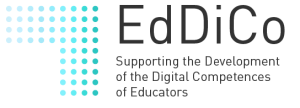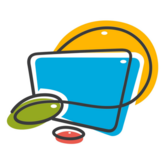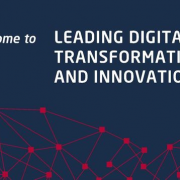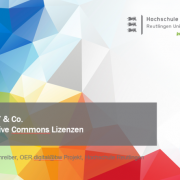Tekoälyn perusteet
Tekoälyn perusteet / The Elements of AI koostuu ilmaisista verkkokursseista, jotka ovat tehneet Reaktor ja Helsingin yliopisto yhteistyössä. Tavoitteenamme on rohkaista ihan jokaista ikään ja taustaan katsomatta oppimaan tekoälyn perusteet: mitä tekoäly on, mitä sillä voi (ja ei voi) tehdä ja miten luoda tekoälymenetelmiä. Kurssit koostuvat teoriaosuuksista ja käytännön harjoituksista, ja voit suorittaa ne omaan tahtiisi.
Kaksiosainen ilmainen verkkokurssi. “Tekoälyn perusteet” on maksuton verkkokurssi, joka on suunnattu kaikille, jotka haluavat tietää, mitä tekoäly on, mitä tekoälyllä voi (ja ei voi) tehdä ja miten tekoäly vaikuttaa elämäämme. Syvällistä matematiikan ymmärrystä tai ohjelmointitaitoja et tarvitse. Kurssin suoritettuasi voit saada 2 opintopistettä Avoimen yliopiston kautta.
“Tekoälyä käytännössä” on ilmainen verkkokurssi jossa uppoudutaan kirjaimellisesti tekoälyn luomiseen algoritmien ja käytännön esimerkkien kautta. Jotta saisit kurssista mahdollisimman paljon irti, sinun olisi hyvä tuntea Python-ohjelmoinnin perusteet. Kurssi on tällä hetkellä saatavilla vain englanniksi.






